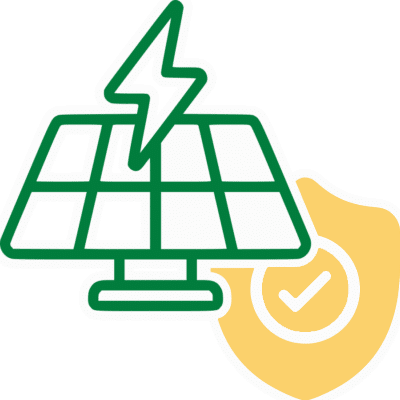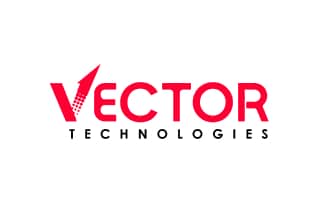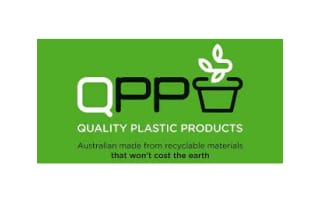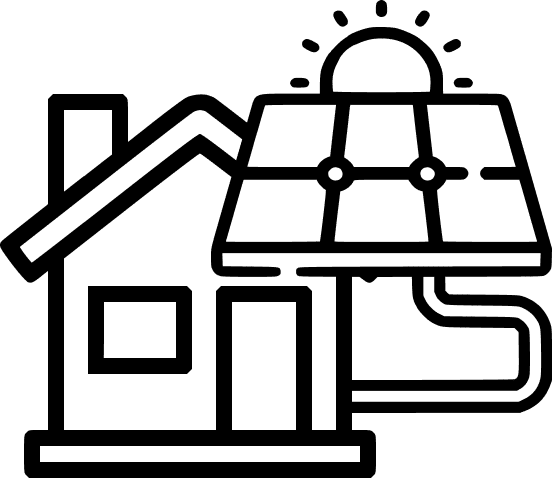
The patented technology used in our panels ensures maximised efficiency – even in low light – which means greater savings for our clients year round.

Research shows consumers are 100 times more likely to return a standard panel over a SunPower Panel, a testament to their quality.

The most comprehensive warranties available on the Australian market, with a full 40 Year Warranty and no hidden fine print.
Harness the Power of the Sun With Ethical and Responsible Solar Panels.
At Energy Buster, we uphold a strong commitment to ethical and responsible practices. Our mission is to provide clean and renewable energy solutions that prioritise the well-being of our customers and the environment.
We source our panels from SunPower who adhere to strict sustainability standards and ethical labour practices. By choosing our solar panels, you can be confident that your energy production is free from harmful emissions and exploitation.
Moreover, we prioritise responsible installation, ensuring that our equipment is installed in a manner that minimises environmental impact and maximises energy efficiency. Our team of trained professionals ensures that every installation meets the highest standards of quality and safety.
With Energy Buster, you not only invest in renewable energy but also contribute to a brighter and more sustainable future for generations to come.
Learn more about our commitment to ethical practices by exploring our Modern Day Slavery Statement, a reflection of our dedication to social responsibility.
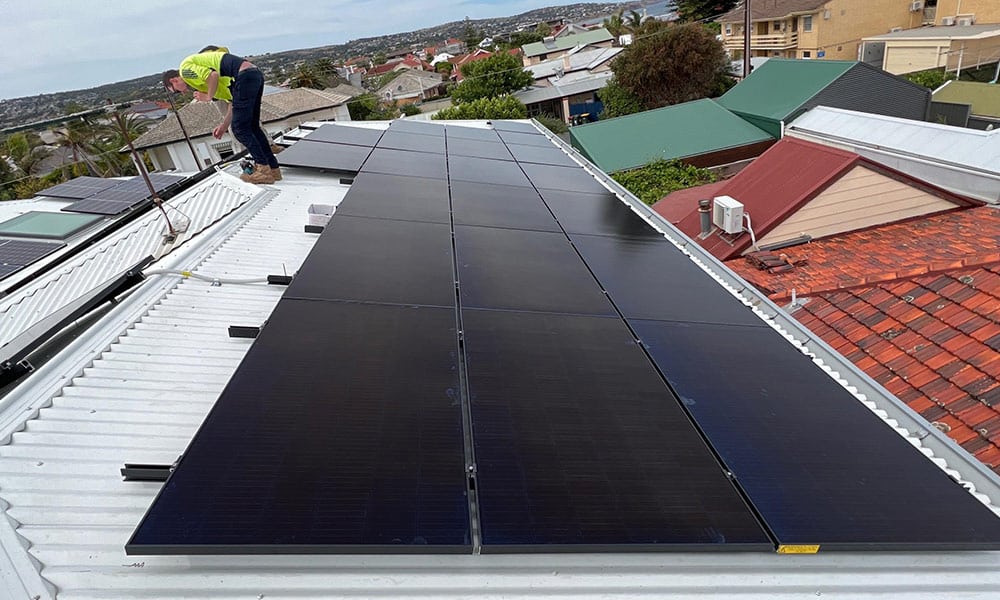
What are the best types of ethical and responsible solar panels?
Several factors should be considered. Here are some options that are widely regarded as ethical and responsible:
Monocrystalline Panels: These panels are made from a single crystal structure, offering high efficiency and durability. Many manufacturers of monocrystalline panels prioritise sustainable production processes and fair labour practices.
Polycrystalline Panels: These panels are made from multiple silicon crystals and are known for their affordability. Look for polycrystalline panels from manufacturers who prioritise environmental sustainability and responsible sourcing.
Thin-Film Panels: Thin-film panels use a thin layer of photovoltaic material on various surfaces. They are lightweight and flexible, making them suitable for unique applications. Look for thin-film panels made from non-toxic and recyclable materials.
Bifacial Panels: These panels capture sunlight from both sides, increasing energy production. Opt for bifacial panels from manufacturers who prioritise sustainability, responsible manufacturing, and ethical labour practices.
Certified Panels: Look for panels certified by independent organisations such as the Solar Rating and Certification Corporation (SRCC), the Clean Energy Council (CEC), or other reputable certification bodies. These certifications often ensure that panels meet strict environmental and ethical standards.
Remember, the best type of the panel ultimately depends on your specific needs, budget, and the criteria that align with your ethical and responsible values.
How much do ethical and responsible solar panels cost?
The cost of ethically-sourced and responsible solar panels can vary depending on several factors. These factors include:
- Type and size of the system
- Brand and quality of the panels
- Installation complexity
- Any additional components or features
The average cost ranged from around $1.20/W to $1.80/W, including installation.
To get an accurate and up-to-date cost estimate, get in touch with a member of the Energy Buster team. We’ll assess your specific requirements, evaluate your energy needs, and provide you with personalised pricing information based on your unique circumstances.
Ethical and responsibly-sourced solar panels?
✔ Clean and Renewable Energy: They harness the power of the sun to generate clean and renewable energy. By switching to renewable power, you reduce reliance on fossil fuels and decrease greenhouse gas emissions, contributing to mitigating climate change.
✔ Cost Savings: Renewable energy helps lower electricity bills by reducing or eliminating the need to purchase electricity from the grid. You can enjoy long-term savings on your energy expenses while minimiaing the environmental impact.
✔ Energy Independence: Generating your own energy provides a level of energy independence. You become less dependent on external energy sources and are more resilient against power outages or rising energy costs.
✔ Environmental Benefits: Ethical and responsible solar panels have a significantly lower carbon footprint compared to traditional energy sources. They help reduce air pollution, water pollution, and the emission of harmful greenhouse gases, thereby protecting the environment and public health.
✔ Ethical Considerations: Ethical solar panels prioritise responsible manufacturing and sourcing practices. By choosing ethical options, you can support manufacturers who uphold fair labor practices, use sustainable materials, and minimise their impact on ecosystems.
✔ Government Incentives: In Adelaide and Australia, there may be government incentives, such as rebates, feed-in tariffs, and tax credits, which can further reduce the cost of installing and using ethical and responsible solar panels.
✔ Increased Property Value: The panels are an attractive feature for potential buyers, and properties with the installations often command higher resale values. Ethical and responsible solar panels add an additional value proposition by aligning with the growing demand for sustainable and environmentally conscious living.
By embracing ethical and responsible solar panels in Adelaide, you contribute to a greener future, enjoy financial savings, and support sustainable practices in the renewable energy industry.
What is the installation process for solar panels?
The installation process for ethical and responsible solar panels in Adelaide typically involves several steps:
Step One: Consultation and Assessment
The process begins with a consultation with a reputable company. They will assess your property’s solar potential, energy needs, and discuss your specific requirements, including your preference for ethical and responsible solar panels.
Step Two: Design and System Sizing
Based on the assessment, the installer will design a system that meets your energy needs and maximises solar generation. This includes determining the number of panels, their placement, and any additional components required.
Step Three: Permits and Approvals
The company will handle the necessary permits and approvals required by local authorities and utility companies. This may include obtaining grid connection approvals and complying with building and electrical codes.
Step Four: Procurement of Solar Panels
The installer will source ethical and responsible solar panels from trusted manufacturers who prioritise sustainability and adhere to ethical labour practices. The panels will be selected based on your specific requirements and system design.
Step Five: Installation
The panels will be mounted on your roof or other suitable areas as per the design plan. This involves securing mounting brackets, positioning the panels for optimal sunlight exposure, and connecting them to the electrical system.
Step Six: Electrical Wiring and Inverter Installation
The installer will connect the panels to an inverter, which converts the direct current (DC) electricity generated by the panels into alternating current (AC) electricity for use in your home. The inverter will be connected to your electrical panel or meter.
Step Seven: System Testing and Commissioning
Once the installation is complete, the installer will conduct thorough testing to ensure the system is functioning properly and safely. This includes checking the electrical connections, verifying panel performance, and conducting a final inspection.
Step Eight: Grid Connection and Net Metering
If you opt for grid-connected system, the installer will coordinate with your utility company to establish the grid connection and arrange for net metering, which allows you to receive credits for any excess energy you generate and feedback into the grid.
Step Nine: System Handover and Maintenance
The company will provide you with the necessary documentation, including warranties and operation manuals. They may also offer maintenance services to ensure optimal performance and longevity of your system.







